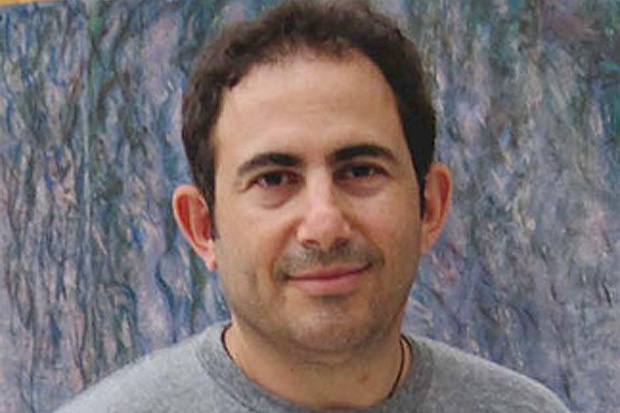
16 Jul Guest Post: “From Behind the Table: General Auditions Part 3B – Monologue Choices and Presentation Continued” by Jack Paterson
“Even though it may be a general audition the theatre will probably be looking to cast the season they’ve announced. If there’s something the actor thinks they’re appropriate for they should attempt to do everything possible to win the role by tailoring the choice of monologue to the role they think they’re right for.”
George Pothitos, Neptune Theatre
Modern and Canadian Content:
“I love it when I get wind of a Canadian monologue from a show that I haven’t yet seen.” Del Surjik, Artistic Director, Persephone Theatre.
Many companies will ask for a Canadian monologue, so it’s good to have one in the bag. Doing a Canadian monologue also shows an interest in the work that most Canadian companies are doing and therefore an interest in them and support of both the Canadian and local theatre scene.
Canadian monologues are not the easiest to find, especially if you are looking for new plays. Places to look are local reference libraries, Solo Collective Archives, organizations like Playwrights Theatre Centre, Playwrights Montreal, Manitoba Theatre Centre, Alberta Theatre Projects, Playwrights Guild of Canada and of course Biz Books.
Check out the web pages of theatres doing new work and go discover the playwrights. There are a few good monologue books out there like She Speaks by Judith Thompson, and He Speaks by David Ferry. Also the Summerworks Festival is now publishing their productions.
Shakespeare and Classical:
“Be ready at anytime to do a Shakespeare piece…Change pieces regularly – learn new ones for the pleasure of it.”
Christopher Gaze, Bard on the Beach
You will need one speech in verse and one in prose. You also want to skip the “Purple speeches”(DPG). The Hamlets, Richard the Third and Lady Ann, Henry the Fifths, Rosalind, Macbeth and Lady Macbeth, Romeo and Juliets, etc. Basically, if it’s famous – avoid it. Firstly you can’t measure up to the Artistic Director’s version in their head and, like above, everybody is doing them. Give yourself the opportunity to stand out – read the lesser done plays and other playwrights of the time period such as Christopher Marlowe, Thomas Middleton, John Ford and Lope De Vega (I just finished Joost Van Den Vondel’s Lucifer and Life is a Dream by Calderon de la Barca – both chock full of great monologues). There are some great speeches out there.
This does make life a little difficult for women. Unfortunately when you remove the famous women from Shakespeare you are left with very little unless, of course, you go outside the box. Spanish and French playwrights are a good source (as they actually wrote for female actors) such as Moliere, De Vega, etc. Greek and Roman texts will also do the job – they’ve got some great verse and the ancients also told a mean fart joke. There is also the opportunity to do a male speech that you have always wanted to try (see quote below).
“…it is refreshing to see actresses and actors choosing speeches from the less popular plays. I am always impressed that they have been inspired by or taken the time to sit down and read the lesser known plays and prepare a speech I don’t see often. It shows me that they have a sense of curiosity and risk taking. I also don’t mind if actresses choose to do a monologue written for a male, providing they have the passion for it. For me the key to a successful monologue is to have read the entire play, and to know what motivates the character, be it male or female. To know what the events are that lead up to the moment that they are compelled to speak the thoughts they are about to utter.”
Marianne Copithorne, Artistic Director, Freewill Shakespeare Festival
For the Modern Classical (Shaw, Tennessee Williams, etc) the same rules apply. Try looking outside of England and America (F. Garcia Lorca, Jean Anouilh, Nikolai Gogol, etc). If the company is doing an Irish play find an Irish monologue. Allow yourself to come in with something different that they may not have heard before.


